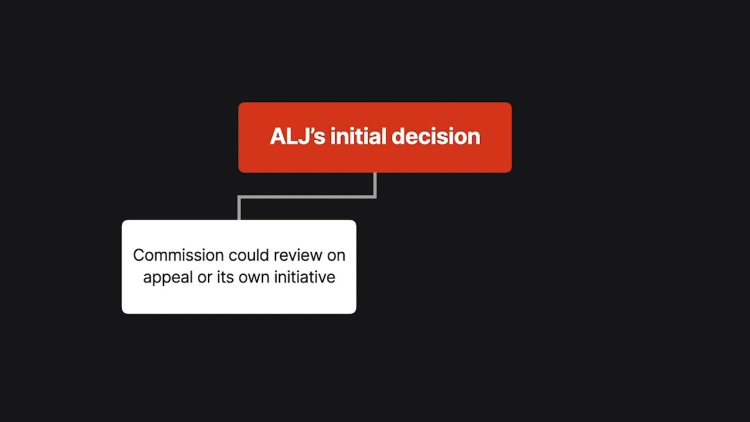Lucia v. Securities and Exchange Commission
United States Supreme Court
138 S. Ct. 2044, 585 U.S. 237 (2018)

- Written by Eric Cervone, LLM
Facts
The Securities and Exchange Commission (SEC) (defendant) instituted an administrative proceeding against Raymond Lucia (plaintiff). An administrative-law judge for the SEC, who held a career appointment, found that Lucia had violated federal investment law. The administrative-law judge made factual findings and imposed significant sanctions on Lucia. Lucia appealed the decision, arguing that the administrative proceeding was invalid because the administrative-law judge had not been constitutionally appointed. According to Lucia, administrative-law judges were officers of the United States and thus were subject to the Constitution’s Appointments Clause. Under this clause, federal employees deemed officers of the United States could be appointed only by the president or the head of a department. The SEC left the task of appointing administrative-law judges to SEC staff members. Thus, Lucia contended, the judge in his case lacked constitutional authority to do his job. The SEC rejected Lucia’s argument and held that administrative-law judges were mere employees, not officers. Thus, according to the SEC, administrative-law judges were not subject to the Appointments Clause. Lucia then brought his case to a federal appeals court, which also rejected his argument. The Supreme Court then granted cert.
Rule of Law
Issue
Holding and Reasoning (Kagan, J.)
Concurrence (Thomas, J.)
Concurrence/Dissent (Breyer, J.)
Dissent (Sotomayor, J.)
What to do next…
Here's why 911,000 law students have relied on our case briefs:
- Written by law professors and practitioners, not other law students. 47,100 briefs, keyed to 997 casebooks. Top-notch customer support.
- The right amount of information, includes the facts, issues, rule of law, holding and reasoning, and any concurrences and dissents.
- Access in your classes, works on your mobile and tablet. Massive library of related video lessons and high quality multiple-choice questions.
- Easy to use, uniform format for every case brief. Written in plain English, not in legalese. Our briefs summarize and simplify; they don’t just repeat the court’s language.





